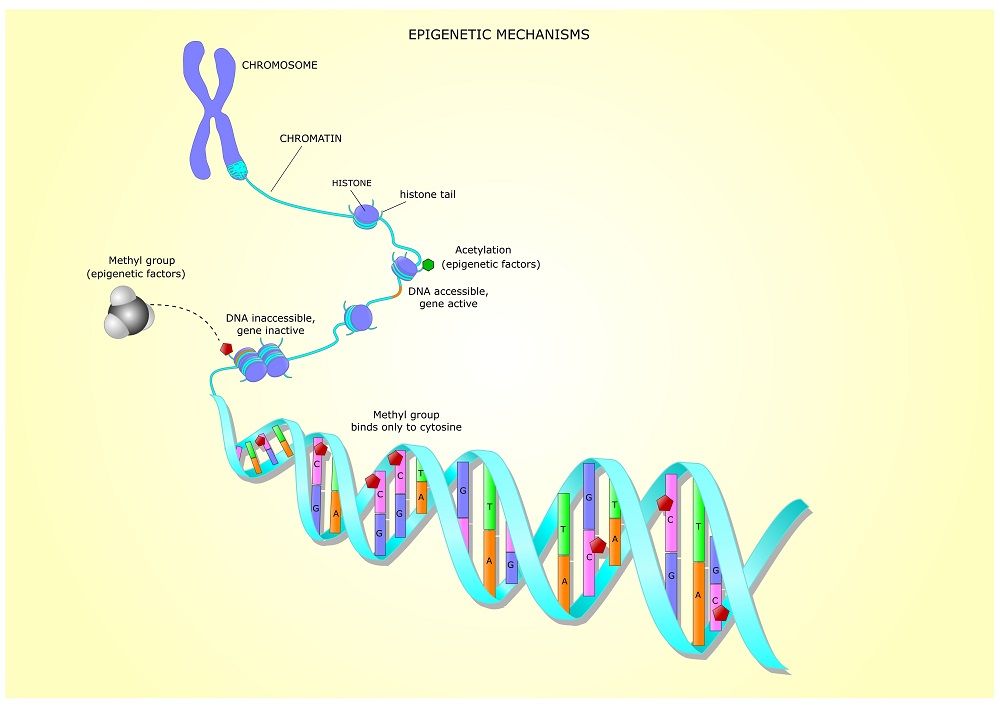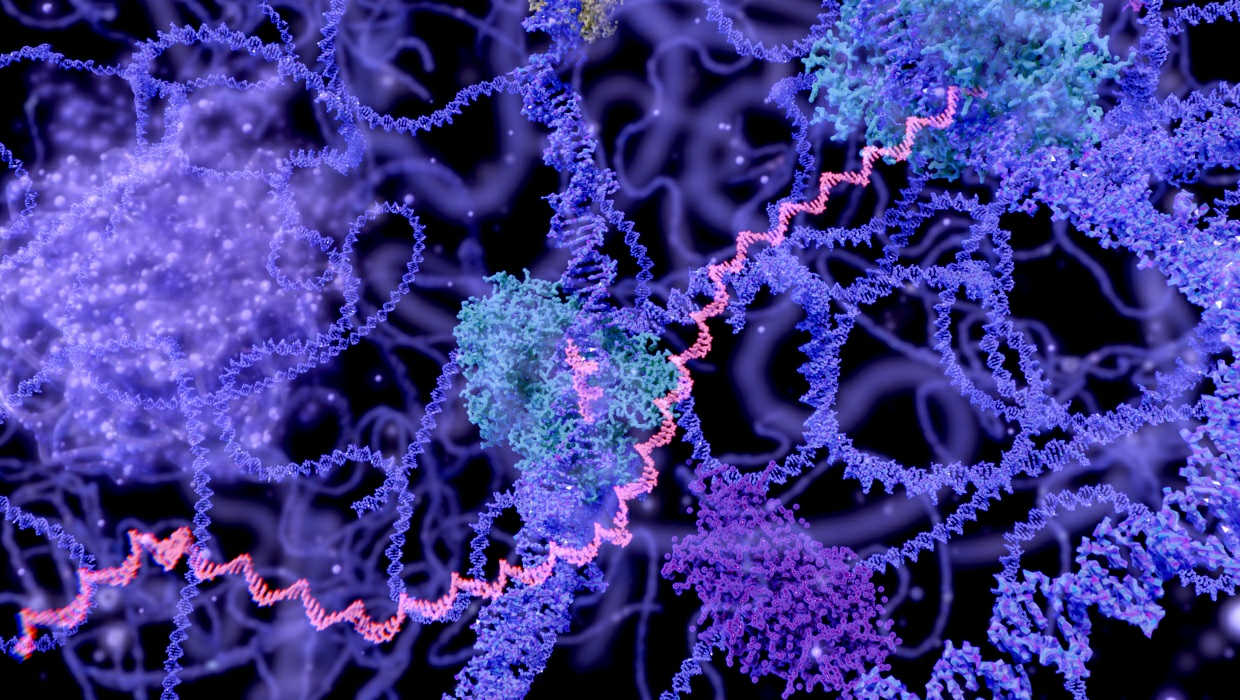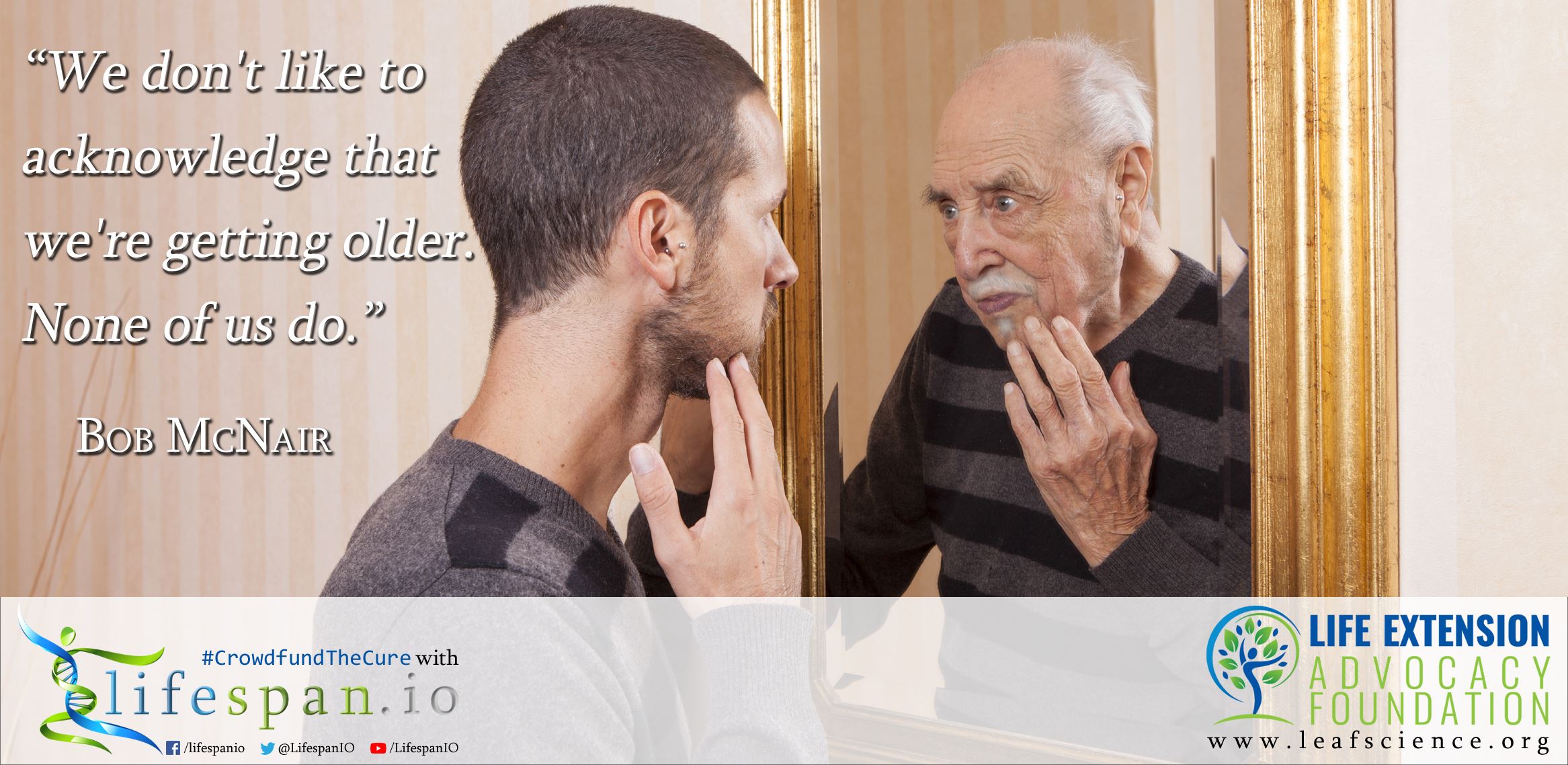Izpisúa, Blasco, De Grey, and Magalhães meet in Madrid at the end of summer at the first “International Longevity and Cryopreservation Summit.” The conference lasts two days and is held in the CSIC, attracting prominent scientists, futurists and freaks, as conference organizer and Vidaplus President Txetxu Mazuelas, refers to them. The scientific world and the futuristic world inevitably clash. One of the most heated debates is on the cryopreservation of human beings – a kind of plan B that puts humans on ice while they work out the secret to eternal life.
Could we live to 140? 1,000? Is there a limit? Scientific research into extending the human lifespan is being backed by Silicon Valley giants such as Google and Facebook.







